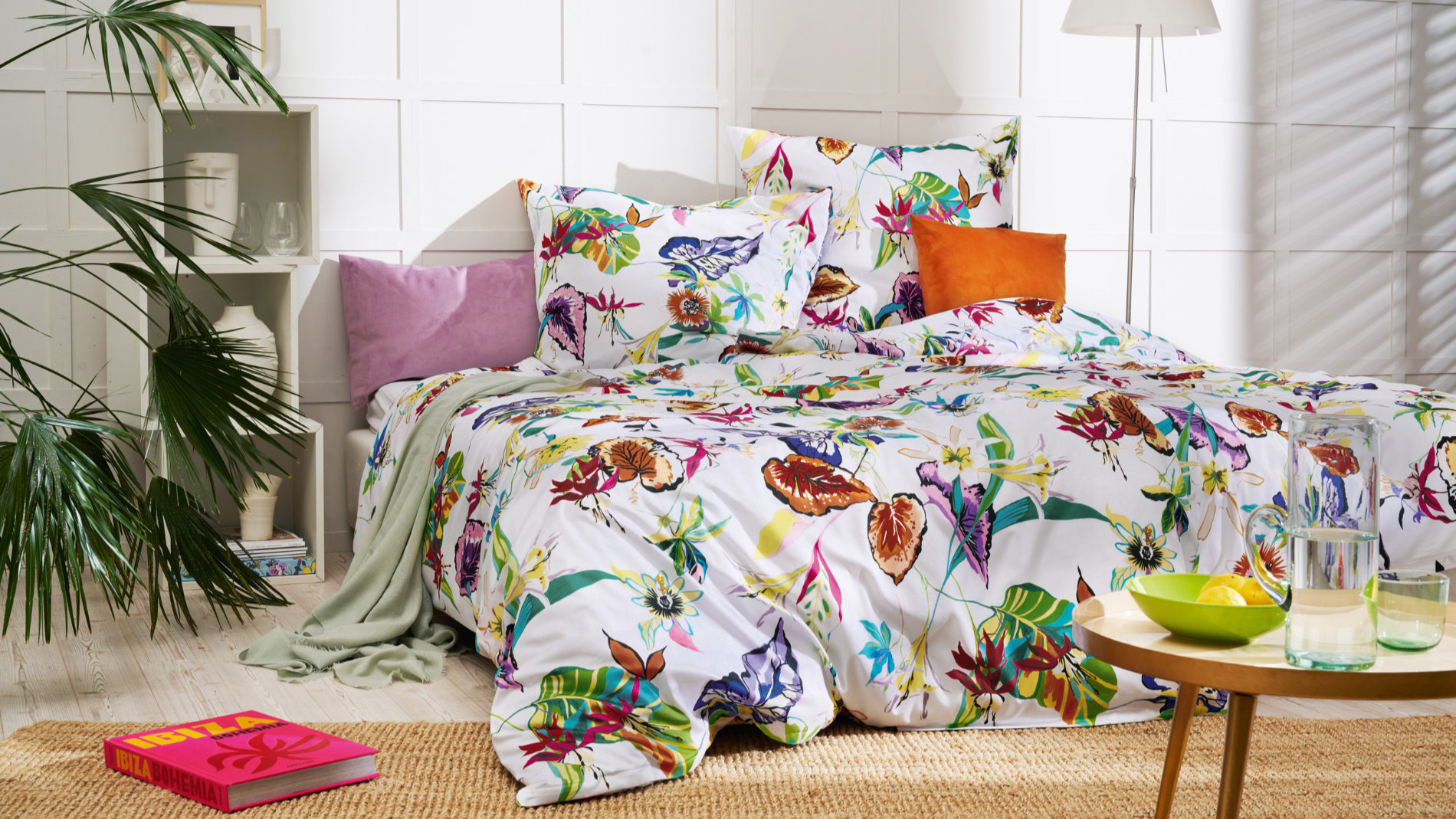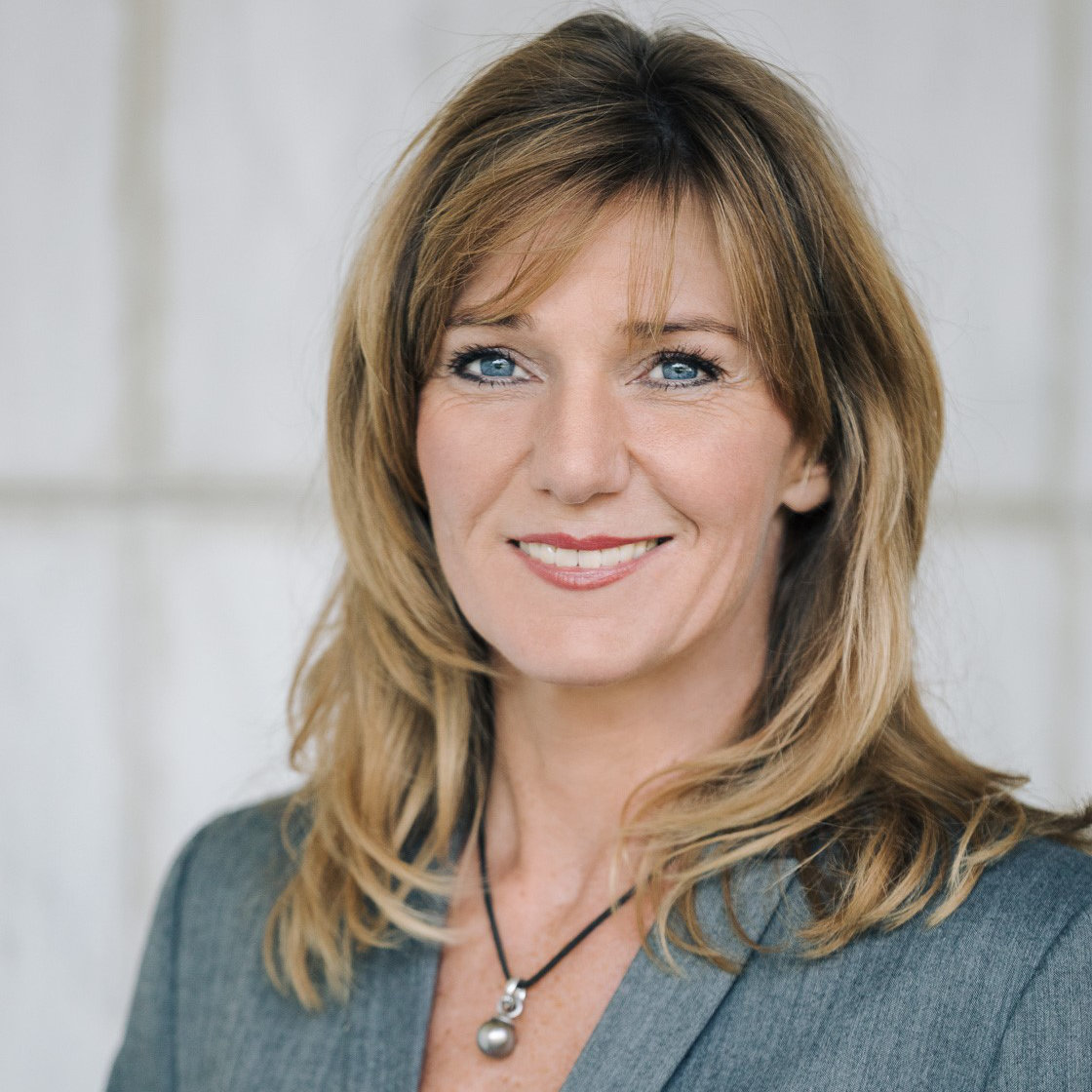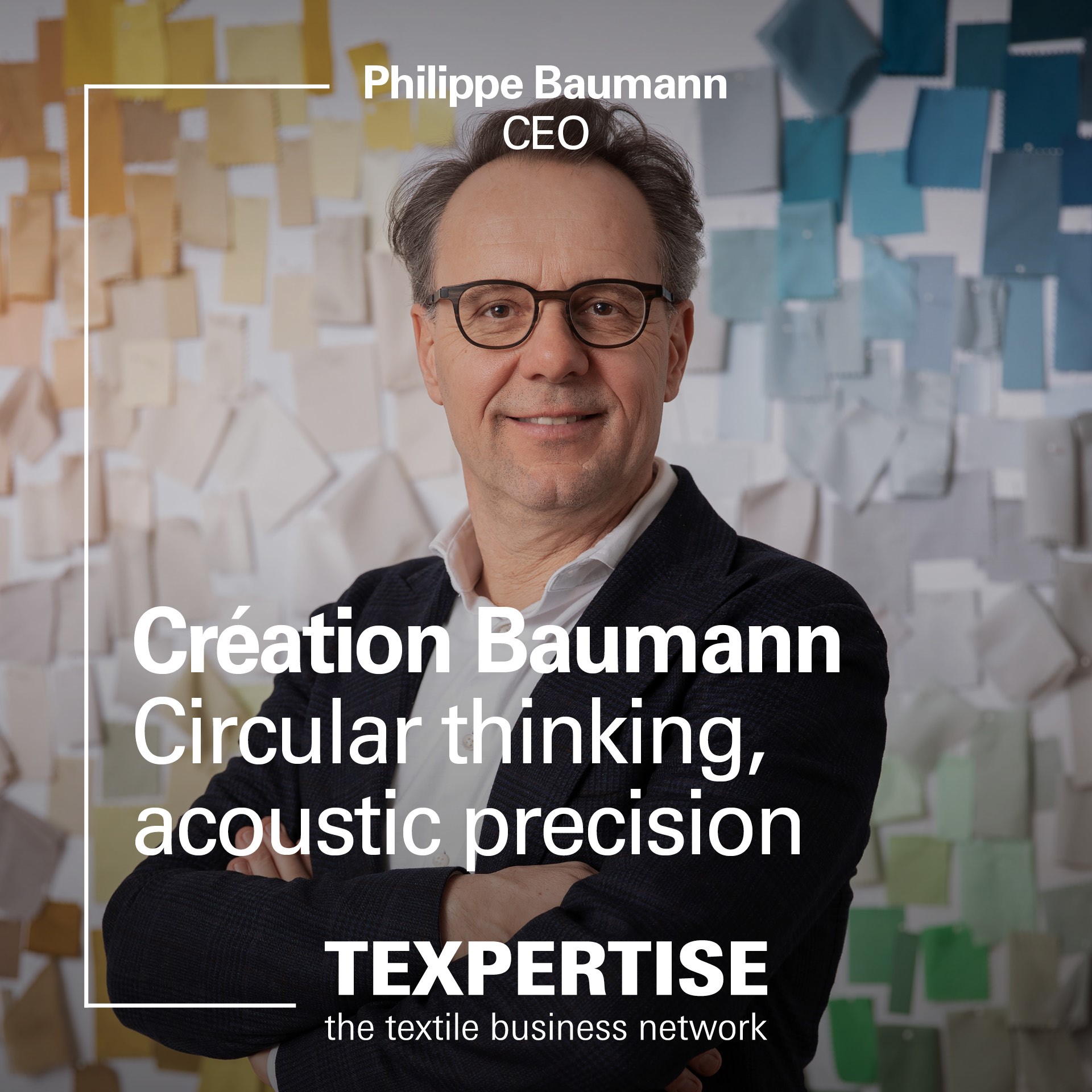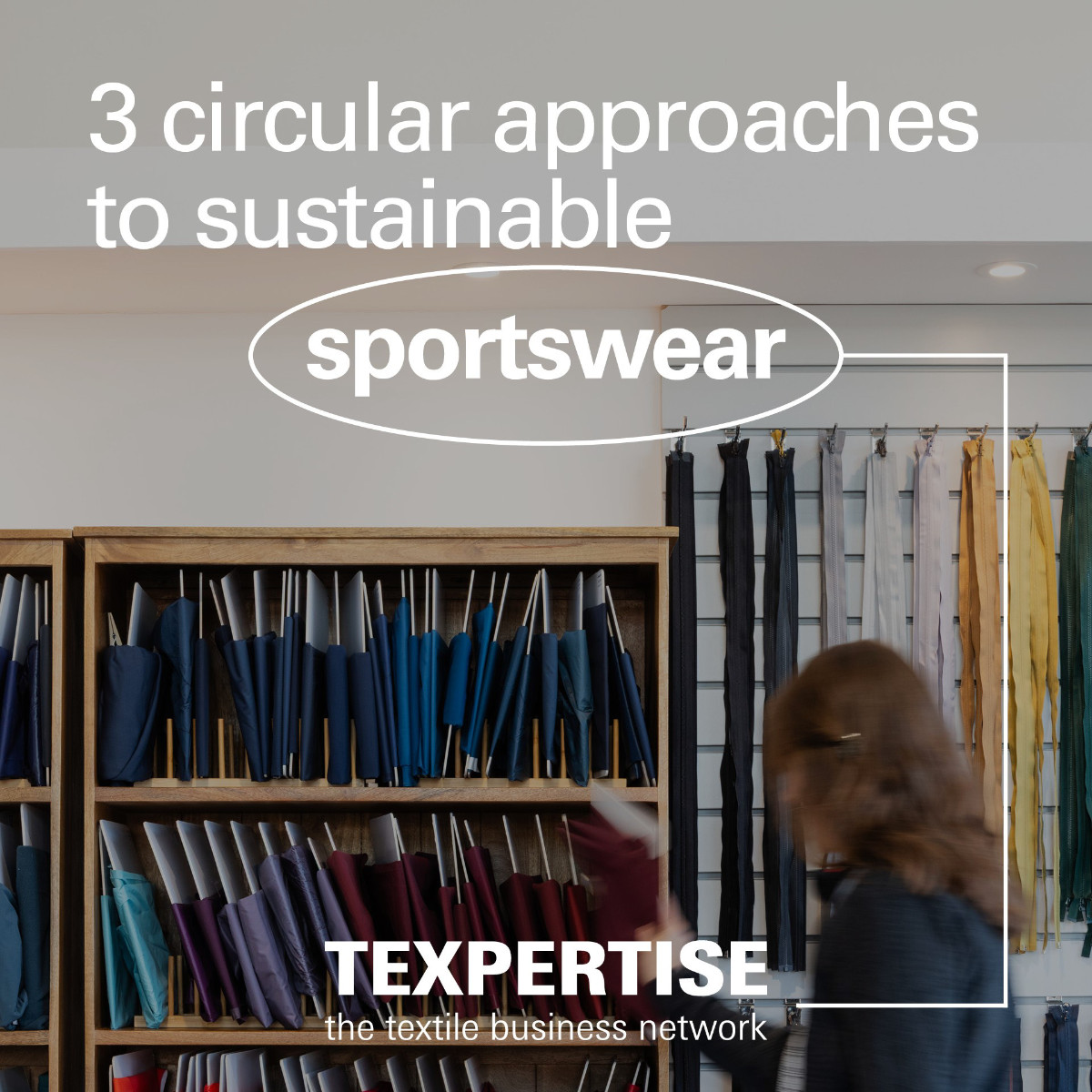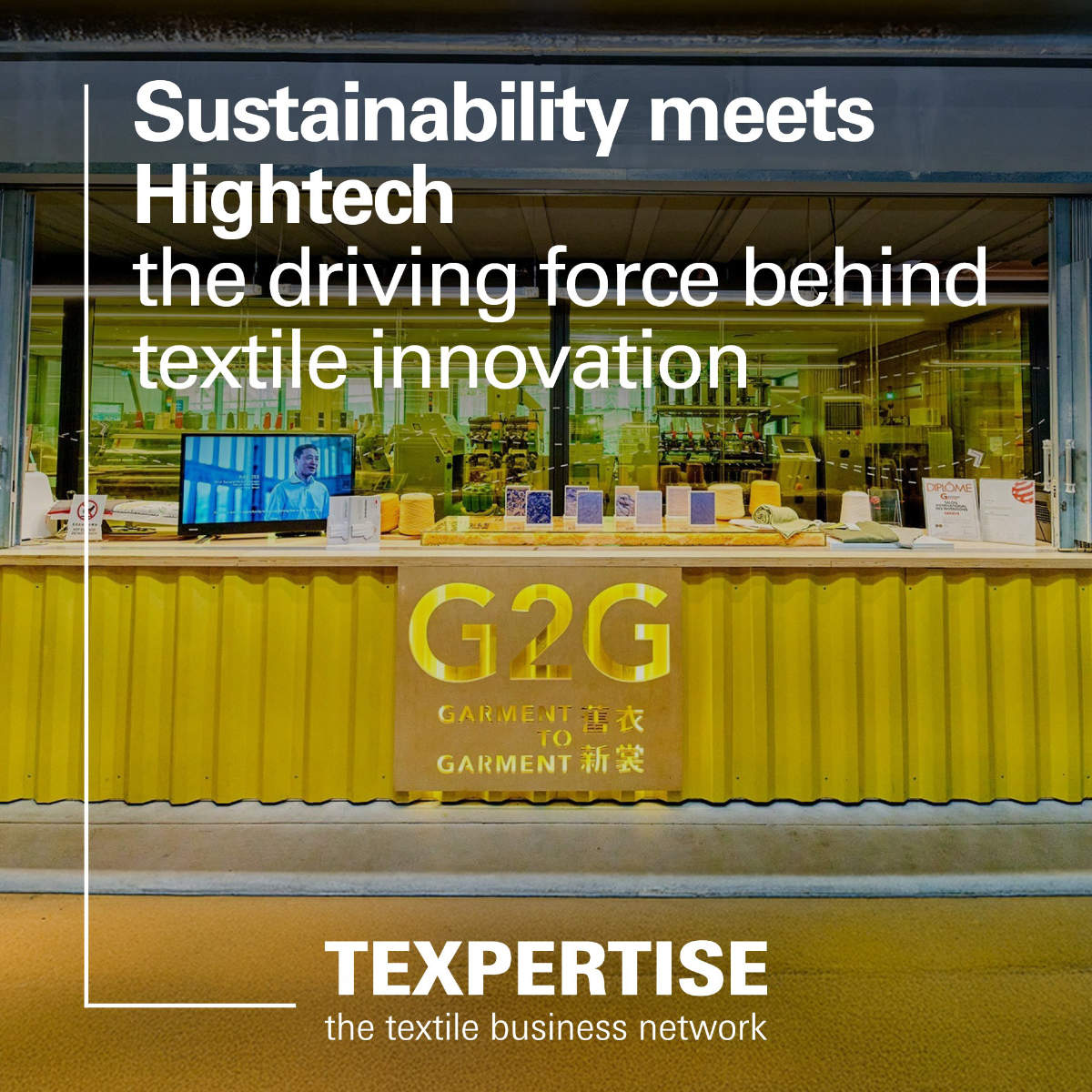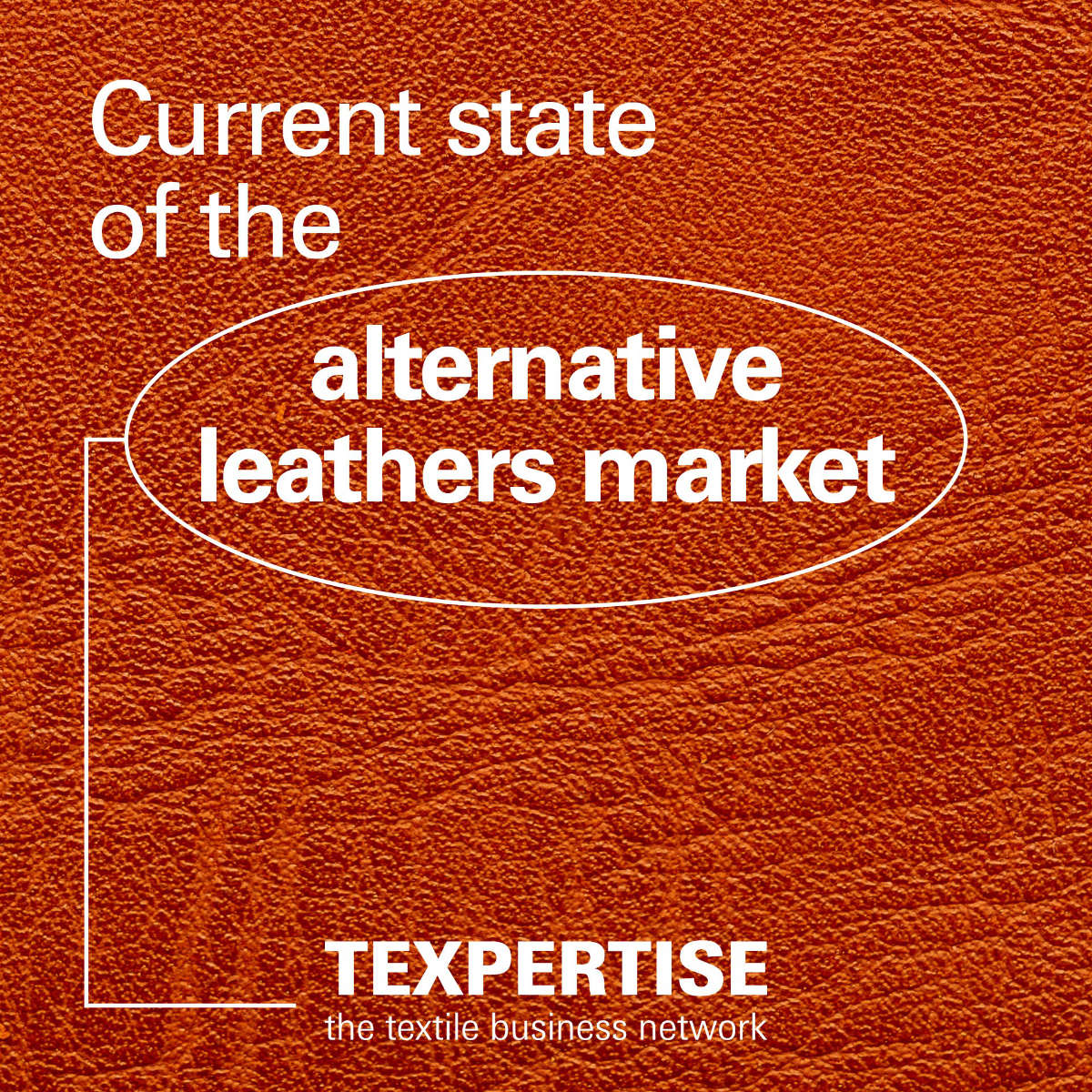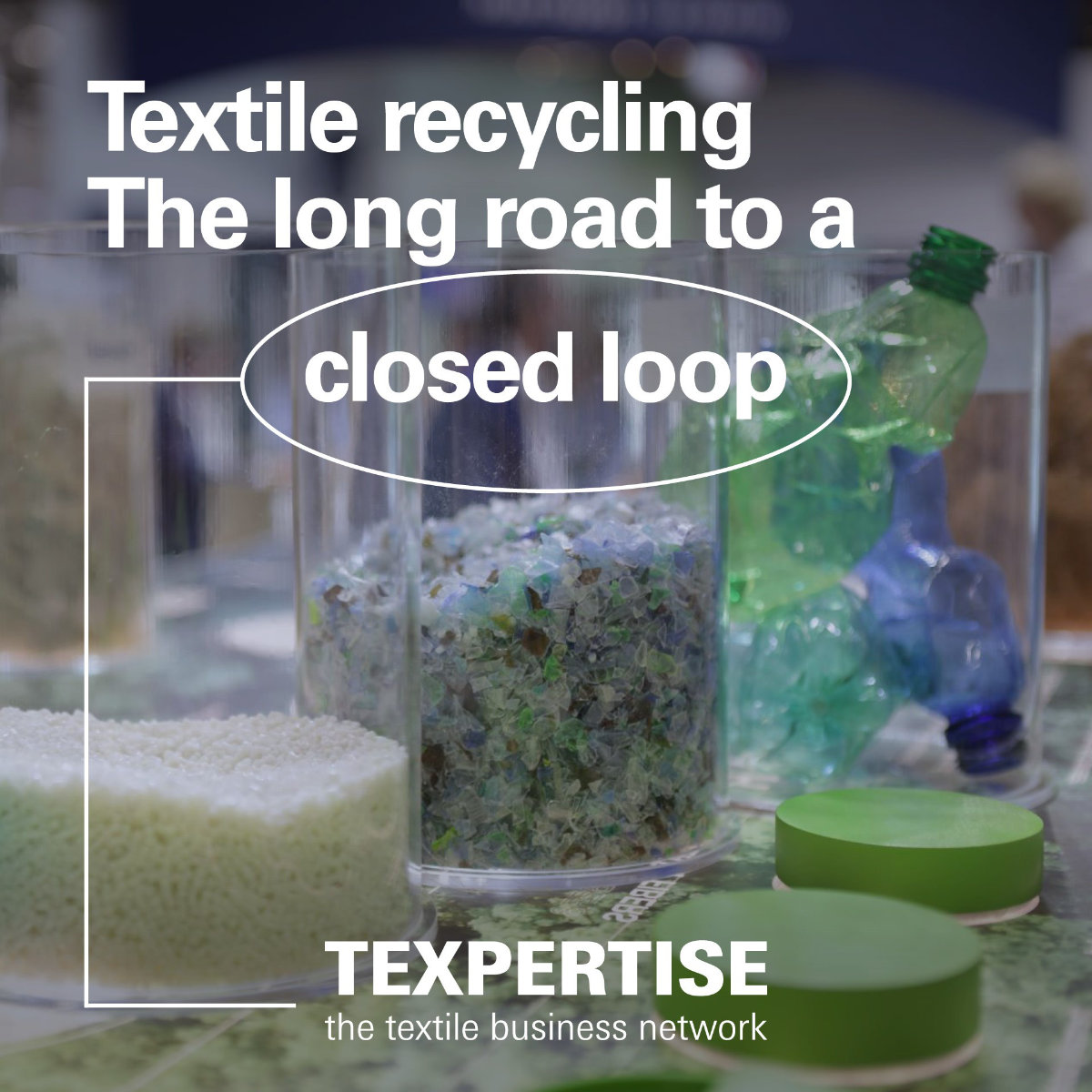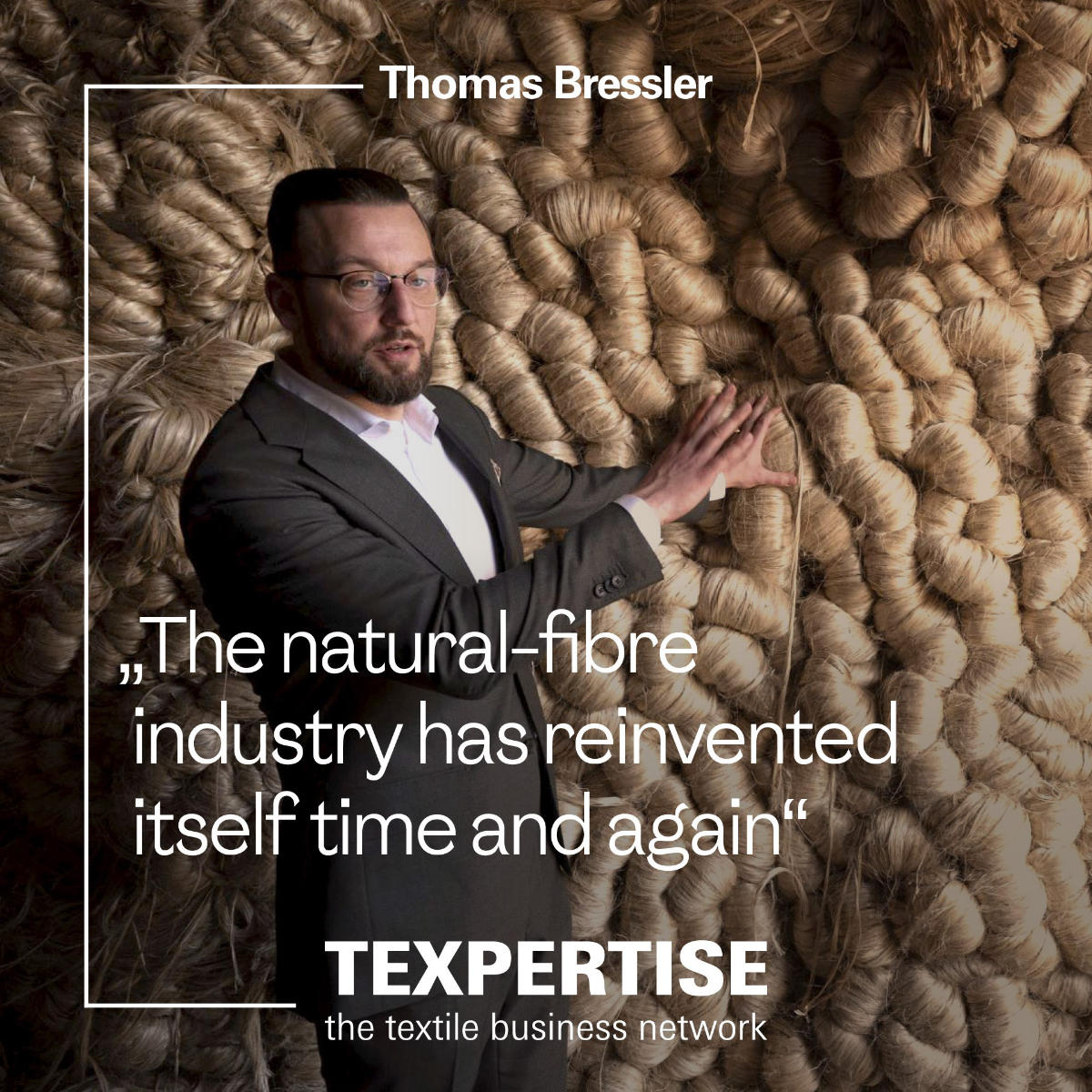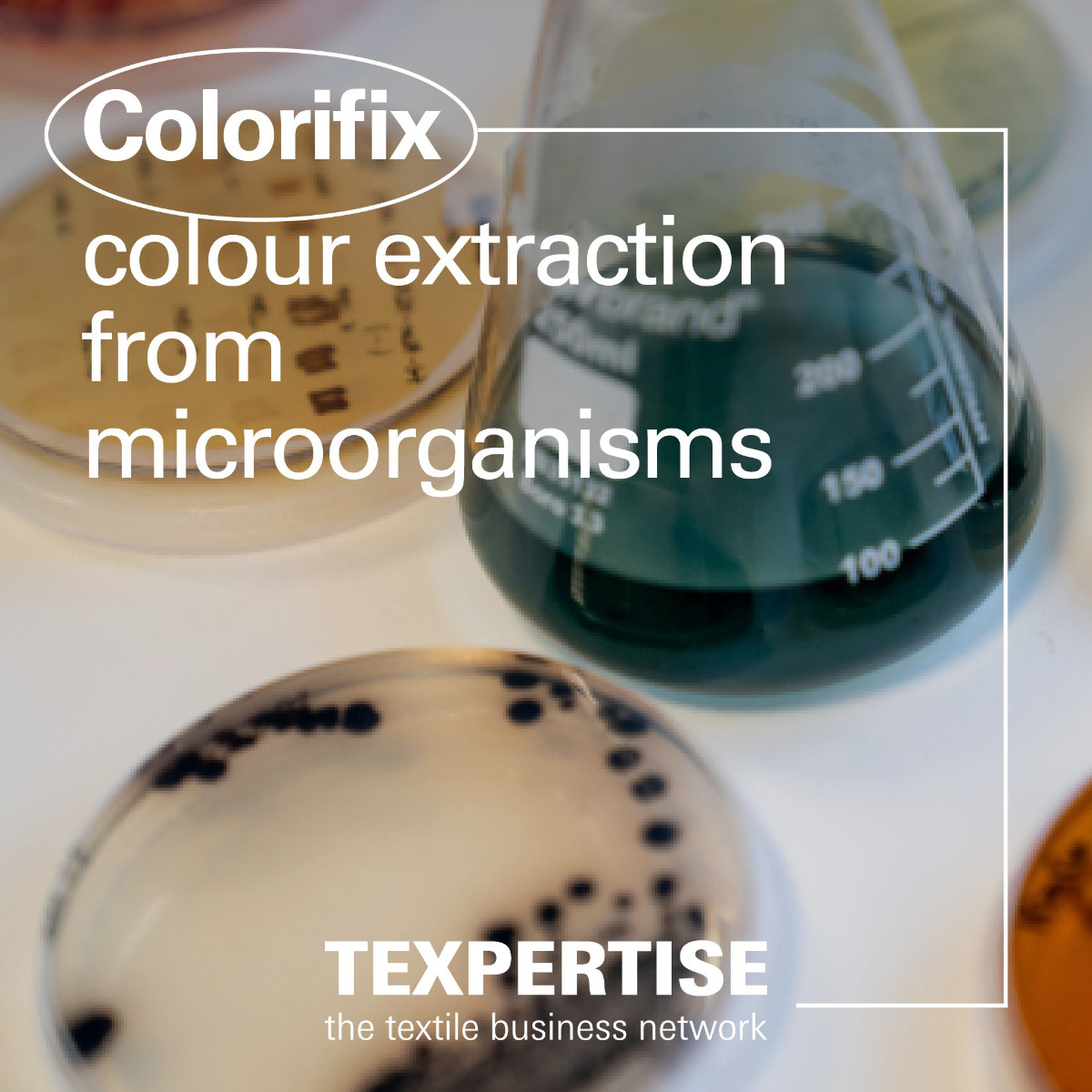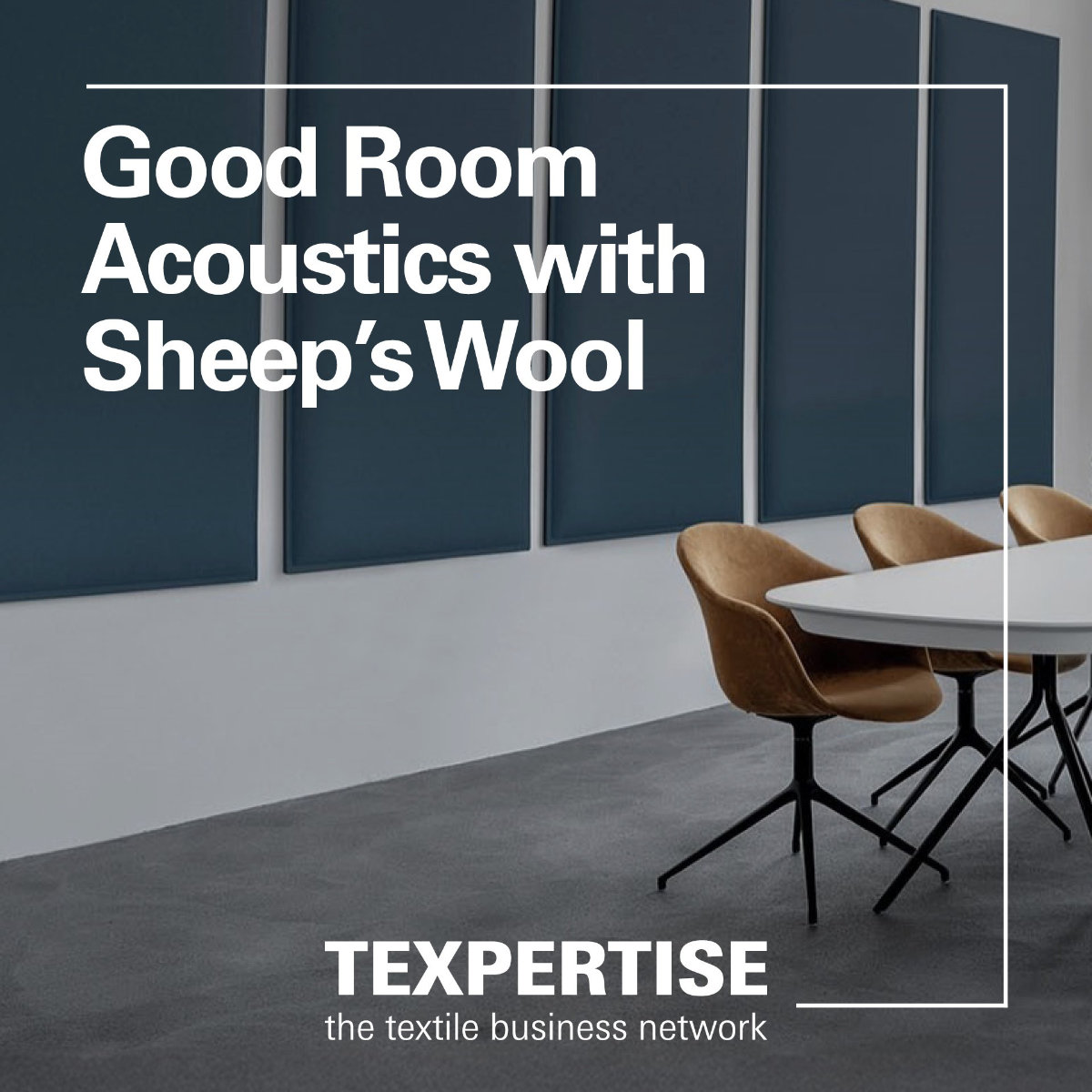Its size and market power means the textile industry bears a special responsibility for humanity and the environment. The fashion sector alone is worth US$ 3.45 trillion (2021) while that of the technical textile industry accounts for around US$ 198 billion (2020). Worldwide, more than 60 million people work in the textile and apparel sector, most of them in developing and threshold countries. Thus, the burden is unequally distributed with the greatest loads and impacts caused by the consumption of garments, shoes and home textiles in Europe occurring not there but in the regions where most of these products are made. This applies to 85 percent of primary raw-material consumption, 92 percent of water consumption, 93 percent of land usage and 76 percent of greenhouse-gas emissions.
Overall, textiles constitute the fourth-biggest cause of environmental pollution while the textile industry is the fifth-biggest contributor to global CO2 emissions. In other words, there are many good reasons for transformation towards social commitment and sustainability.
The clock is ticking.
And this process has been in full swing since the United Nations (UN) adopted the Agenda 2030 and the Sustainable Development Goals (SDG) in September 2015. The 17 goals range from the fight against poverty and hunger to the promotion of education and equality for all to sustainable business and technological innovation.
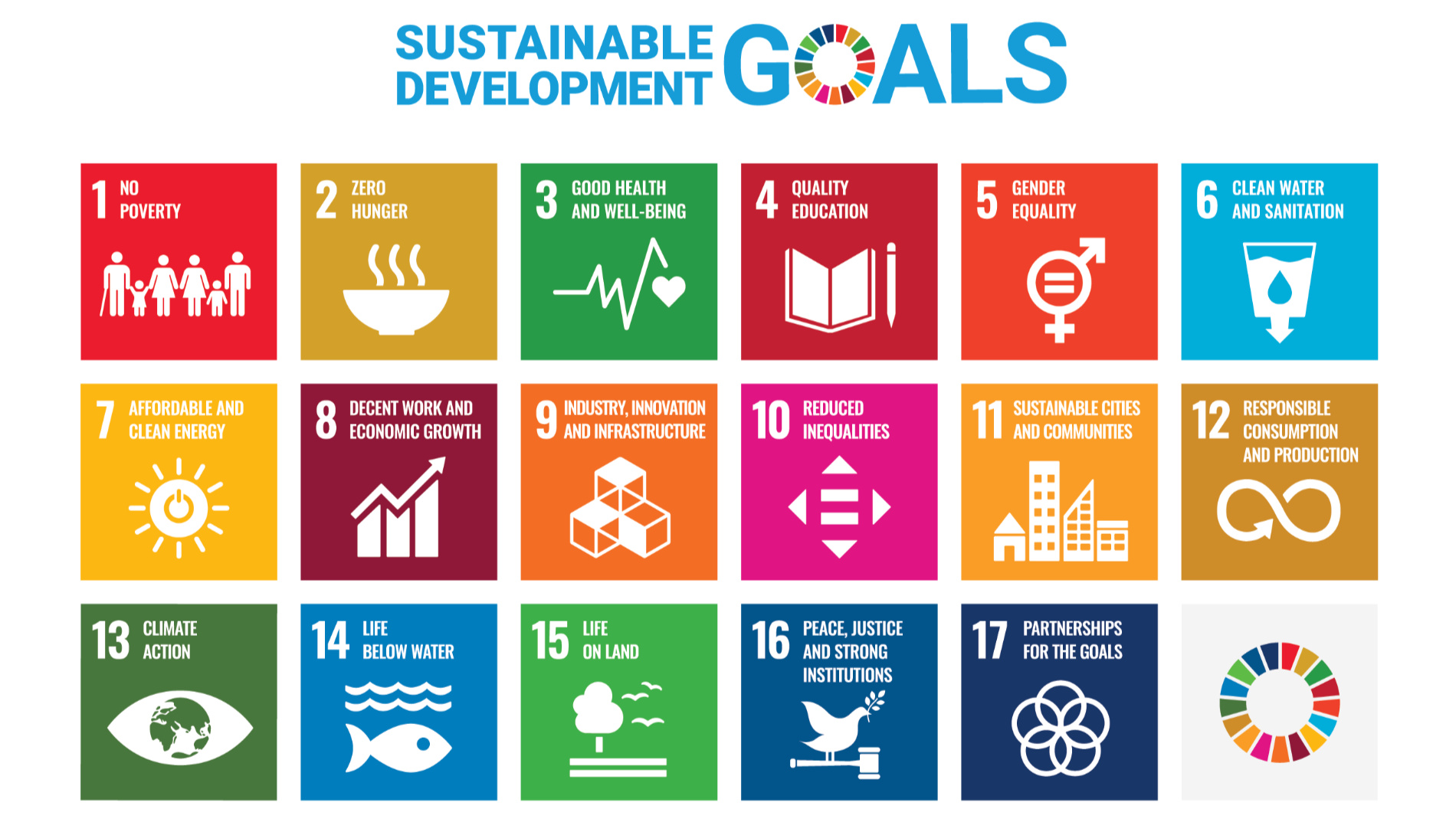
Laws and sanctions are not provided for in the paper, which is based on the principle of voluntary, effective, participatory, non-partisan and integrated regulation.
Goal for goal. Step for step.
Voluntary and effective. Even though – or rather because – the textile industry is facing special challenges, it is worth looking at the companies that are visibly working to achieve the SDGs. Their approaches differ. But what unites them is the way they are going about it, i.e., goal for goal and step for step.
For example, Italy’s Pozzi Arturo Spa. Margherita Rigamonti, the company’s Textile Sales Manager, explains their approach: “Our company is pursuing the Sustainable Development Goals to ensure that everything we do is socially, economically and environmentally sustainable. We have developed a strong commitment to this and implemented several initiatives.”
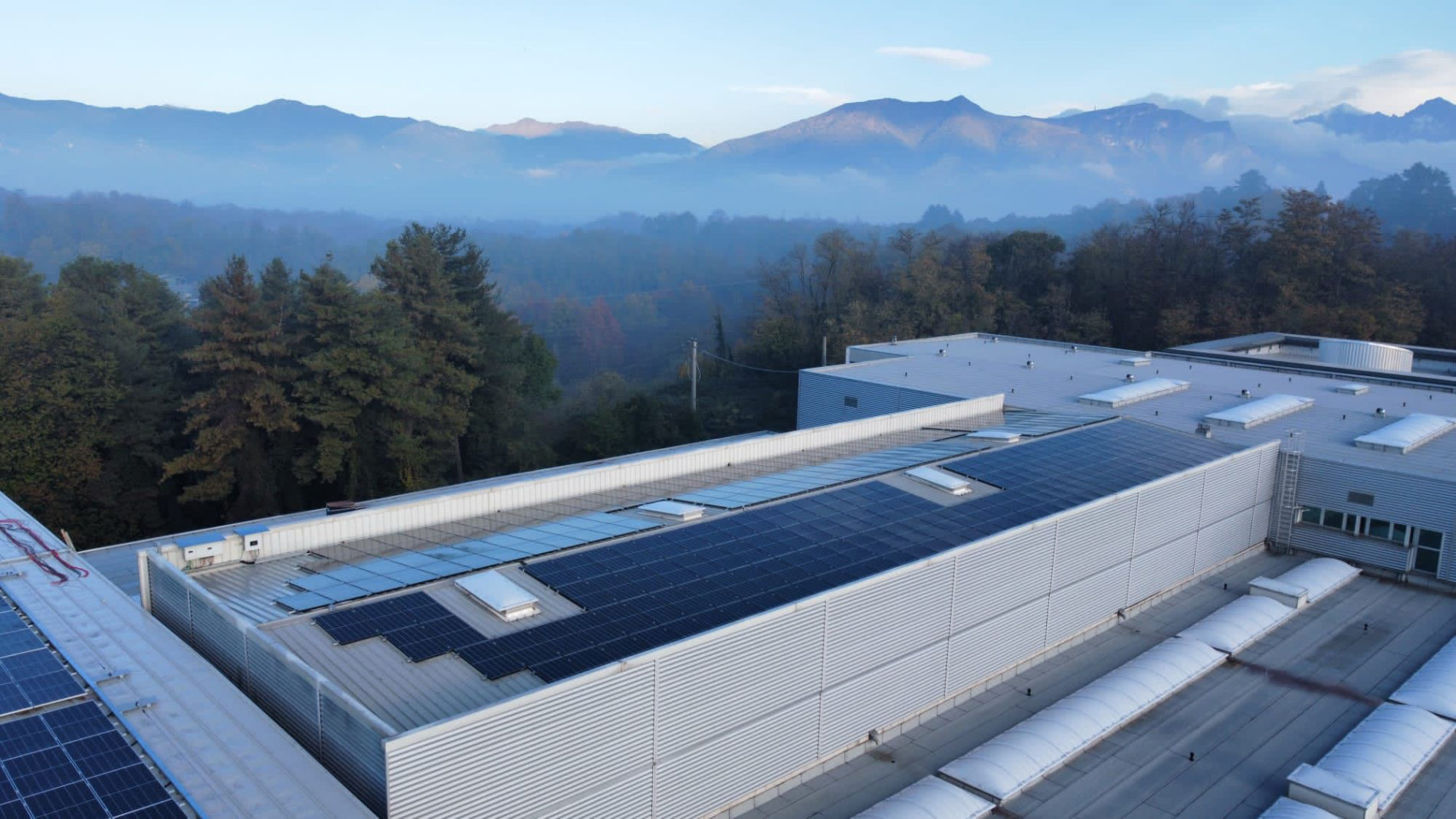
The manufacturer of textiles for the home, outdoor and contract segments concentrates specifically on certain SDGs and is encouraged by reaching important milestones on the way. For example, the new photovoltaic system contributes to ‘SDG 7 – Energy’. Together with the existing system, it supplies enough electricity to cover up to 60 percent of power required from a renewable source. To reduce the water footprint (SDG 6 – Water), the company looked at the installation of a new filter system, which treats the wastewater produced during textile finishing and purifies it to 90 percent, i.e., sufficiently for it to be reused. And, with regard to ‘SDG 9 – Innovation / Infrastructure’, the company has invested in the subject of ‘smart industry’ whereby processes are automated and machines integrated into management systems for real-time information. With these measures, Pozzi Arturo aims to increase both productivity and efficiency, and ensure that its processes comply with the latest industry standards.
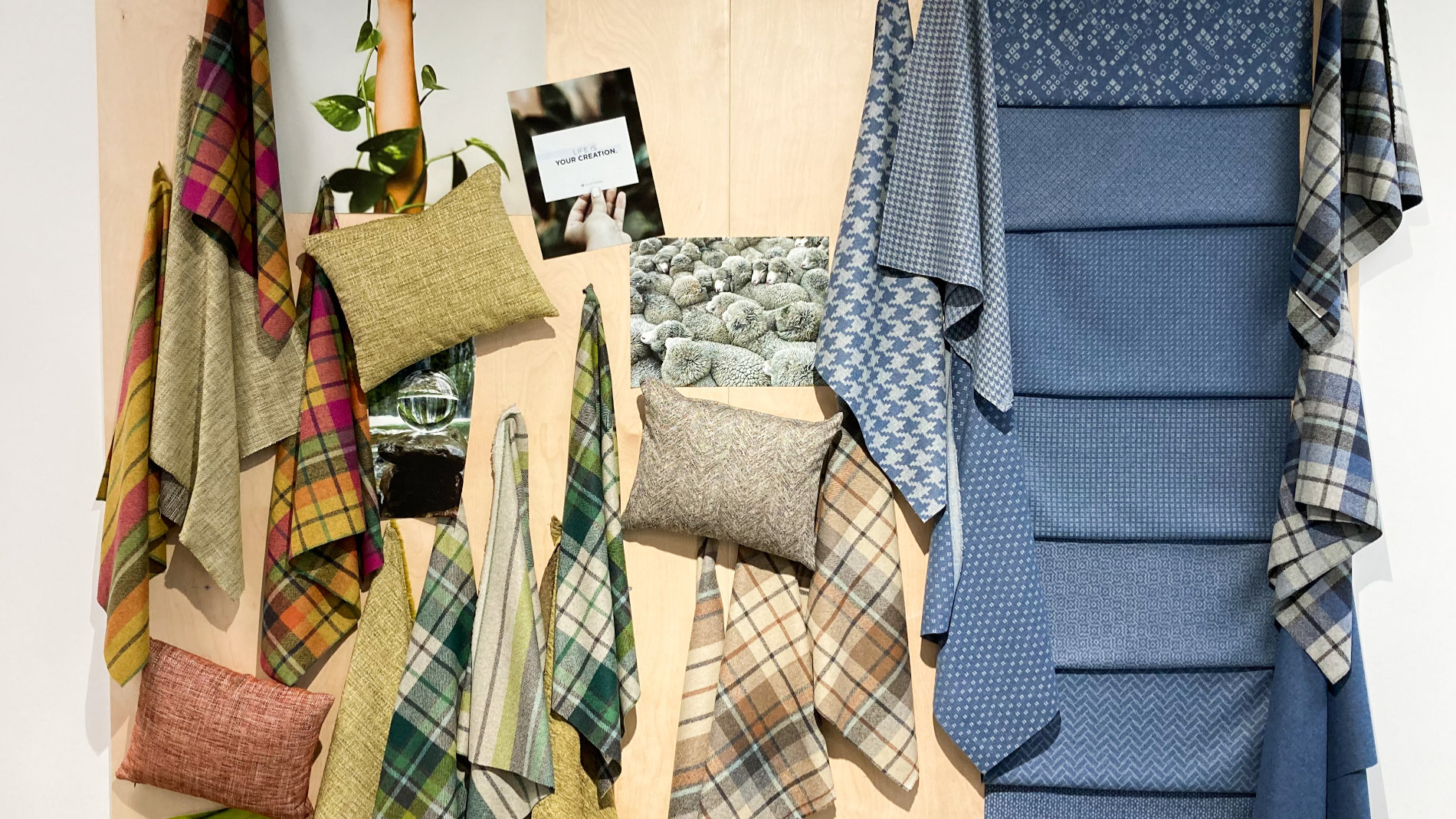
Holistic concept
Textile manufacturer Alfred Apelt GmbH has also set itself ambitious sustainability goals and is committed to their implementation. As a guideline, the company refers to the ‘Code of Conduct of the German Textile and Fashion Industry’, published by the Confederation of the German Textile and Fashion Industry (Gesamtverband textil+mode) and the German Retail Trade Association (HDE). This Code of Conduct was formulated with the cooperation of textile and trading companies to take account of the concerns and needs of the textile industry. According to Sebastian Ihling, Apelt’s Sales and Business Development Manager, it reflects the ‘reality of life’ of textile companies of all kinds.
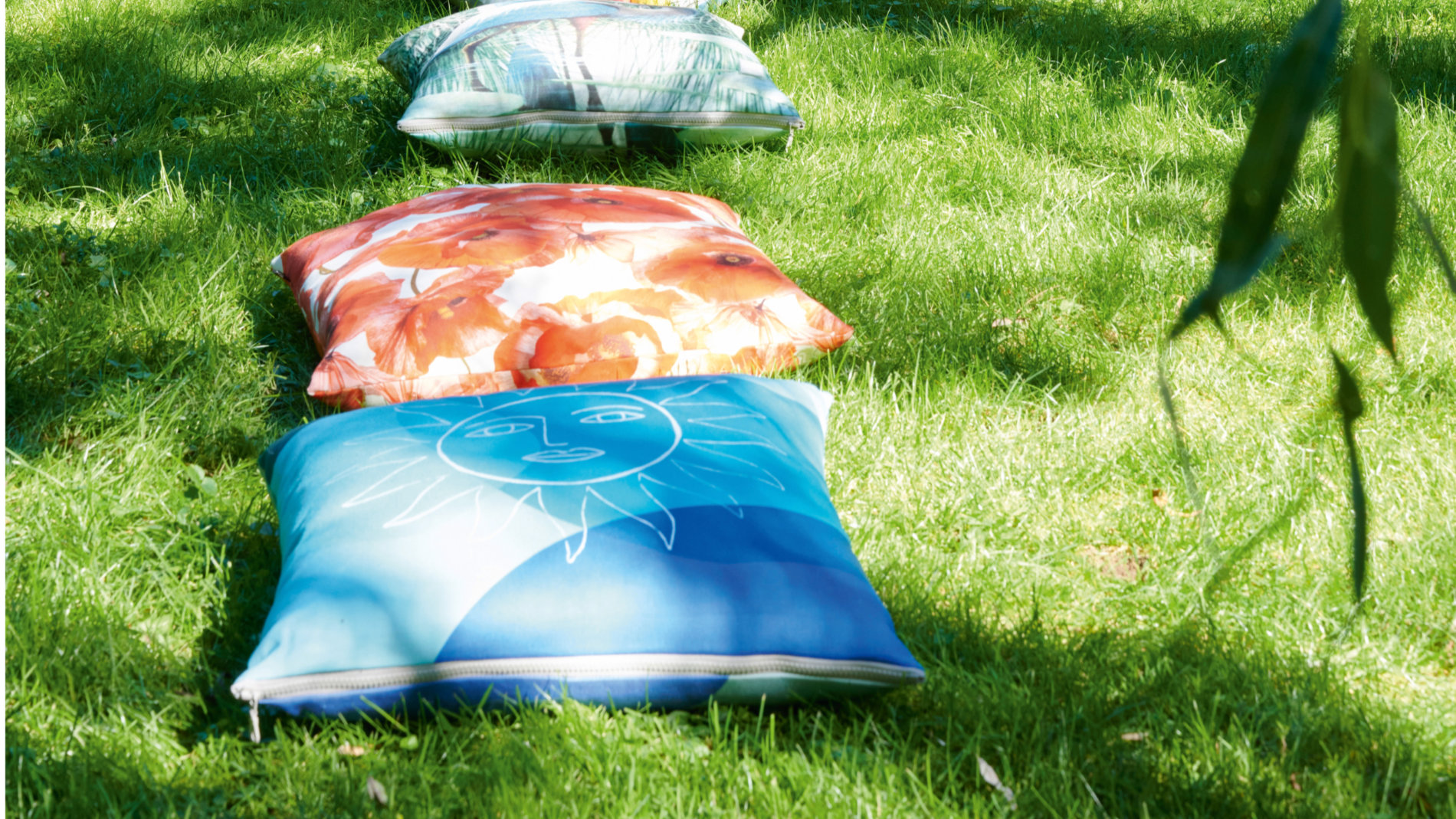
The family-run manufacturer is active in Germany and Europe and, according to information from the company, aims to integrate the latest technologies and developments in the various manufacturing stages. In the supply chain, Apelt banks on reliable and transparent sources. For example, Apelt obtains the NEW LIFETM yarn, which is used for the jacquard fabrics and is made of 100-percent recycled PET bottles, from a permanent supplier in Italy. Explaining the supplementary measures employed by the company in pursuit of its sustainability goals, Sebastian Ihling says, “Our printed fabrics are made in Europe using the environmentally friendly digital printing process. In distinction to wet printing, digital printing cuts water consumption by about 80 percent. Our partner is on track to climate-neutral production, and we support them in this. To this end, we make the manufacturing processes, the transport routes and sales as effective, short and climate friendly as economically possible in our European operations and production facilities.”
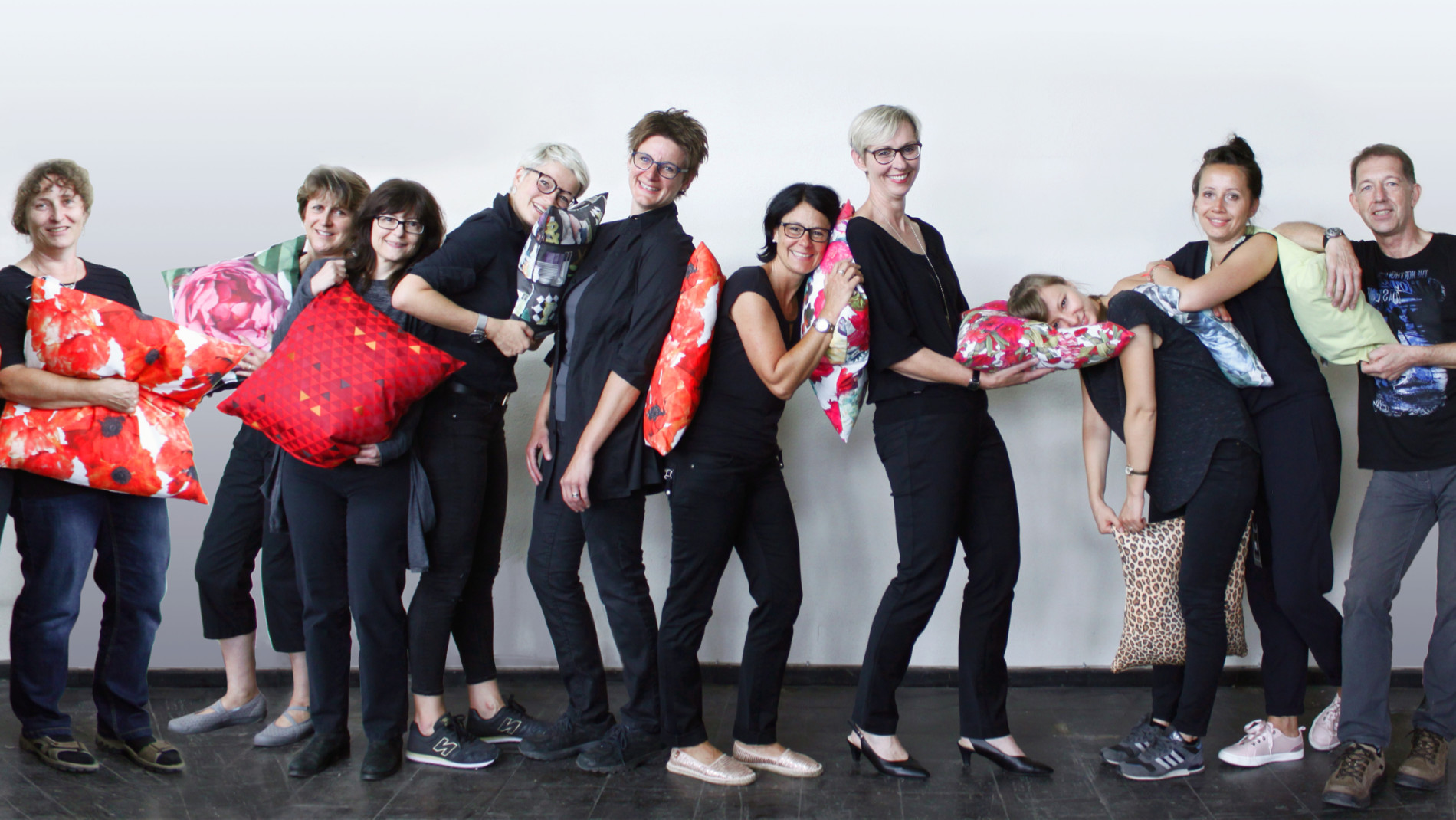
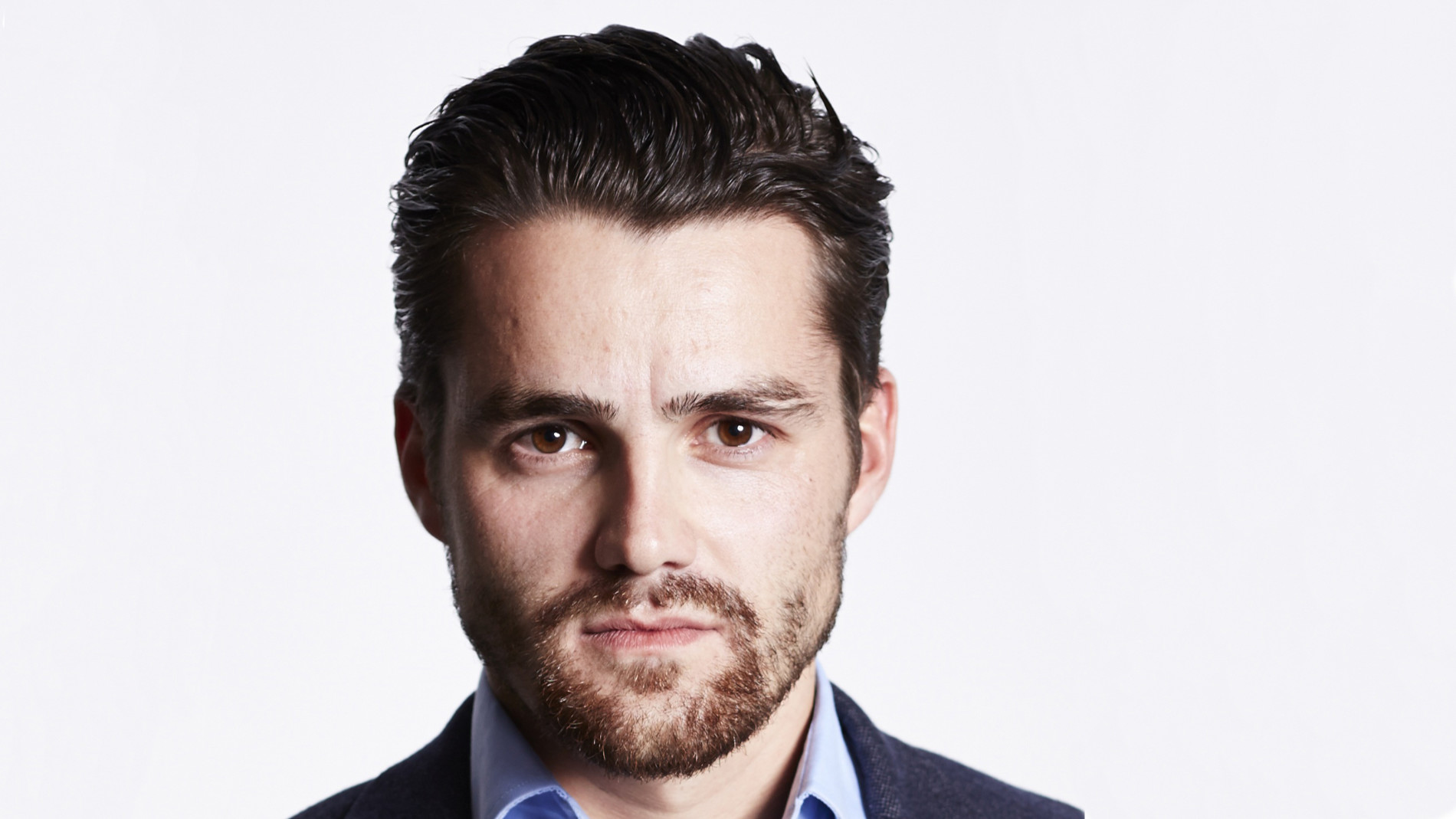
Besides the responsible use of resources, Apelt also focuses on young people, the region and society. Sebastian Ihling explains the company’s approach:
"We view entrepreneurship as a holistic concept. And for us, this includes not only the production and sale of high-quality textiles for interior furnishings but also social responsibility in its entirety, which is affordable for us as a medium-sized, family-run company."
Thus, Apelt not only focuses on training but also runs and supports social commitments at its Oberkirch site. Moreover, since 2011, the company has been running a pilot project in cooperation with a local charity in Offenburg to promote the successful integration of disabled people in the labour market.
Important beacons
Encouraging examples of how the self-responsibility and voluntary principles work can be found worldwide, for example, the Turkish company Vanelli Tekstil, which implements its SDGs in a variety of ways. These goals include energy efficiency, recycling, water conservation, air purification and reforestation. Inter alia, the company’s experience shows that even measures that are very easy to implement can have a great impact: switching to energy-saving LED luminaires alone has cut energy consumption by around 80 percent.

The Austrian Lenzing Group is one of the sector’s older beacons. This manufacturer of wood-based cellulose and fibres defined sustainability as a key driver of innovation in its corporate strategy at an early stage and, today, is one of the leaders in terms of sustainable production and the circular economy. This early commitment has paid off with Lenzing currently holding around 1,280 patent applications and patents from 215 patent families in almost 50 countries. They include methods by which cotton trimmings from garment manufacturing and old textiles are processed back into fibres.
Spain’s Francisco Jover AG has firmly anchored environmental protection in its corporate philosophy and relied on regenerative energy when this was still an exotic subject. Today, Jover is largely self-sufficient, generates almost all of its electricity needs, purifies wastewater in its own biological reactor treatment plant and recycles 100 percent of its waste plastic, paper and cardboard. In recognition of this, Jover was awarded the AITEX Sustainability Award in 2019.
A beacon with a far-reaching social impact is the Indian company, Aauraa Home Fashion. The home textile manufacturer emphasizes three main pillars of its corporate strategy. They include a modern infrastructure with a highly efficient enterprise resource planning system (ERP) and sustainable production in accordance with the principle of ‘reduce, reuse, recycle’. The third core principle of Aauraa Home Fashion is the advancement of women, which includes state-certified training, promotion to positions of responsibility and a special women's health program. The driving force behind this is Nirmal Mirza, the company’s Director of Marketing & Product Development. With over 30 years of experience in the industry, she is a pioneer in the industry. Inter alia, she was one of the first Asian women to lead teams at international home textile fairs in the 1980s and 1990s and has held positions as president and committee member of various organizations and NGOs. Her visionary approach is considered a key factor in the growth of Aauraa Home Fashion.
Look ahead and get on with it!
Examples such as these are a good reason for hope. Therefore, it’s time to look ahead and get on with implementing the SDGs! In this connection, the textile industry is aided by global networks, such as Messe Frankfurt’s ‘Texpertise Network’. With the concentrated innovative power of over 50 fairs and events around the world, Texpertise generates targeted impulses for the entire textile value chain. In cooperation with the United Nations Office for Partnerships and with the support of the Conscious Fashion and Lifestyle Network, Texpertise offers the textile and fashion sector information, a platform, network and a variety of events that aim to contribute to social, economic and ecological change. Fairs for Interior & Contract Textiles – such as Heimtextil, the sector’s leading international trade fair that is held in Frankfurt am Main every January – give the home-textile sector the opportunity to boost knowledge, exchange information and gain practical experience.
Part 2: Commitment and transparency for a better futureStage photo: Alfred Apelt GmbH
